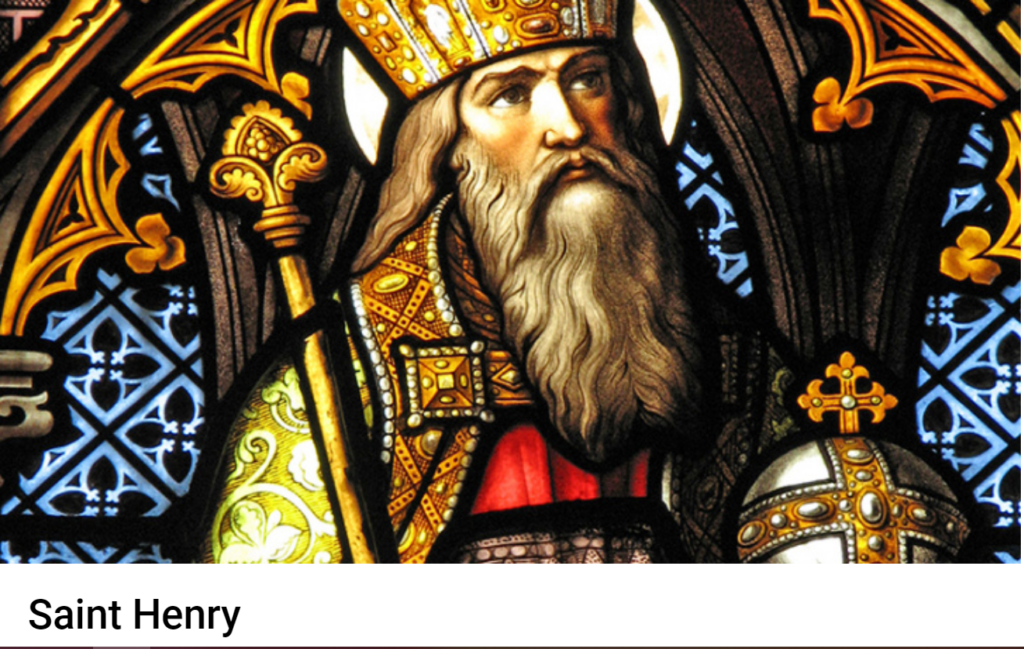
St. Genesius of Rome (d. 303 AD) was a renowned actor and playwright, the leader of a popular acting troupe during the reign of Emperor Diocletian. When the Emperor was killing Christians, Genesius wrote plays to mock them and expose their secret rites to ridicule. To research for a play mocking baptism, he went to a priest pretending to desire the sacraments and was fully instructed as a catechumen. Genesius prepared his play and instructed the other actors in their parts. On performance day the Emperor was present. Genesius played the lead character seeking baptism, and the rite was performed in such a ludicrous manner that all present laughed. As the water was poured over Genesius’ head by an actor playing the priest’s part, Genesius saw a vision of the heavens opened and the hand of God touching him. He also saw an angel who showed him that his many sins had been washed away through the valid baptism he had just received. At that moment Genesius’ heart was changed by the Holy Spirit and he believed in the truth of Christianity. At the conclusion of the play Genesius boldly declared his new faith, recounting how he had been a scoffer until that moment. He implored the audience, including the Emperor, to follow Christ. The crowd thought this was part of the performance, but once they understood it was real, Genesius was seized. The Emperor, furious, subjected him to cruel tortures daily to make him renounce his faith in Christ. Genesius staunchly refused and was beheaded. The Christians collected his body and buried him with the other martyrs. St. Genesius is the patron saint of comedians, dancers, actors, musicians, printers, and torture victims. His feast day is August 25th.
//Catholic Company//


